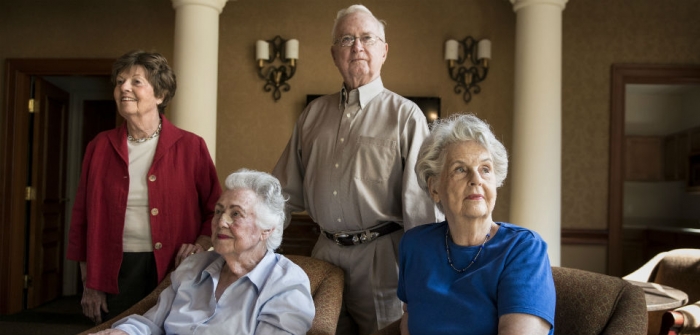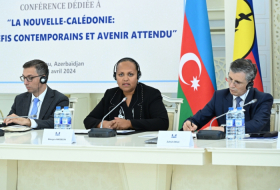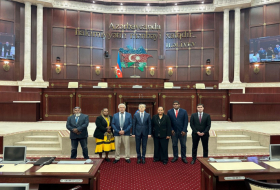Some of the initiatives include:
- Devoting an entire city in Chile to experimenting with elderly care.
- Increasing involvement of older people in democracy through old people’s councils in Brazil.
- Training armies of volunteers in elderly care, as in several south-east Asian nations.
- Establishing job creation schemes for older people, as Finland and South Korea have both done.
“The west could learn a lot from low- and middle-income countries about economically efficient, innovative and effective solutions to the ageing issue,” said Alexandre Kalache, a UN adviser and former director of the World Health Organisation’s global ageing programme.
“But it isn’t, because there’s a lot of negative bias, patronising attitudes and prejudice from developed countries towards developing ones: a feeling that if an idea comes from a developing country, it’s not worth looking at,” said Kalache, now co-president of the International Longevity Centre-Brazil (ILC BR).
Britain’s efforts to meet the demands of its own ageing population have been criticised: the World Bank has said its method of funding long-term care “results in inefficient use of personal and state resources” and discourages individuals from saving.
It is also guilty of harbouring an attitude towards developing countries of a “paternalistic colony”, said John Beard, director of the World Health Organisation’s Department of Ageing and Life Course.
“This is the model by which high-income countries think they know everything and tend to impose it on others,” he said. “The dominant approach is that low- and middle-income countries don’t have anything to teach them – and that anyway, the high-income country doesn’t need to learn anything.”
This attitude was highly misguided, said Beard. “If high-income countries kept their eyes open and were willing to look at what low- and middle-income countries were doing with a view to transposing it to their own, it would speed things along considerably. It’s going to take a long time to reach any answers if we’re all doing as we do now, which is waiting for the same ideas to arrive spontaneously to all of us.”
Beard said the west had a lot to learn about social care in particular. “The attitude that drives discourses in high-income countries is that older people are a drain on budgets and there is no point investing in services for them,” he said. “Low- and middle-income countries understand that you can build a whole industry around older people and that can benefit the whole economy.”
Large swaths of the world are facing a demographic challenge. There are more people over the age of 60 than below the age of five. Worldwide, 80-plus is the fastest-growing population subgroup, up from 14 million in 1950 to a projected 379 million by 2050.
The rate at which longevity has increased has been particularly dramatic in low- and middle-income countries. “We need new ideas at local and national level to avoid collision with this incredibly fast-occurring issue,” said Kalache. “Planning must be highly innovative as families and the larger economy cannot afford the departure from the formal workplace of large numbers of women to care for relatives. And care does tend to be left to women.”
Kalache said the Brazilian government “gets many things wrong around ageing but it does get some things right,” such as the support it gives those working to find solutions. A prime example of this is the invention of old people’s councils.
Brazil invented the concept eight years ago to give visibility to older people’s concerns, views and voices. The councils give a voice to older people and have a real impact on older-life issues at national, state and municipal levels.
“In such countries as the UK or the US, it is more often the case that it is civil society organisations that provide the loudest voice of older persons. Many of these groups do admirable work but they are typically staffed by younger, middle-class professionals, often male, who have limited personal experience of either older age or caring for older persons. The important protagonism of older adults is often missing,” said Kalache.
The “age-friendly communities” initiative that emerged from Brazil 10 years ago and is now being adapted in more than 500 cities and communities in 37 countries covering over 155 million people has had the biggest international impact.
Launched by Kalache in 2005/7 when he was working as director of the WHO Ageing and Life Course Department, the scheme encourages cities to rethink their environments so they welcome everyone, especially older people, through improved mobility, access, targeted facilities and more.
Prof Sir Michael Marmot, a former president of the World Medical Association and chair of the Commission of Social Determinants of Health, has praised the age-friendly communities initiative, saying it enables practical recommendations to be developed “bottom up – by listening to the voices of older people around the world who said what they needed, and to service-providers who have experience from the coalface.”
Taking that idea one step further is the ambitious scheme whereby the city of Valdivia in southern Chile has been effectively handed over from central government to ageing experts, to experiment with best practice in every issue of ageing. Chile is home to probably the world’s oldest man, 121-year-old Don Celino.
Several Asian countries including South Korea are also working imaginatively to avoid the need for expensive care and infrastructure costs. Instead, they are forming older people associations to organise and manage home-care programmes through the recruitment of local volunteer community caregivers.
The scheme was pioneered by the NGO HelpAge International. In just four years, what began with five older people associations has mushroomed into hundreds of such self-sustaining entities. There are now at least 1,500 older people associations in Vietnam alone and more than 500 in Cambodia.
In Busan, South Korea’s second most populous city after Seoul, more than 20% of the population is over 60 and there is acute concern about the impact on the economy if and when they retire. To combat this, the city has worked with the public and private sectors to create over 25,000 jobs for older people.
Mark Gorman, a visiting fellow at the Oxford Institute of Population Ageing and director of Strategic Development for HelpAge International, said many low- and middle-income schemes relied on volunteers, which ultimately was unsustainable.
“There are pockets of good practice in low- and middle-income countries but until they translate into structural ways of addressing the issues – which means buy-in from central government – good practice isn’t sustainable,” he said.
“I’d say that this country doesn’t have to look to ‘good practice’ in low- and middle-income countries. We just need to make a choice as to whether we see social care, like health, as a universal right, or whether it’s something that essentially the state leaves to individuals to resolve, with residual state assistance.”
More about: #ageing
















































